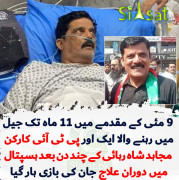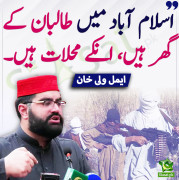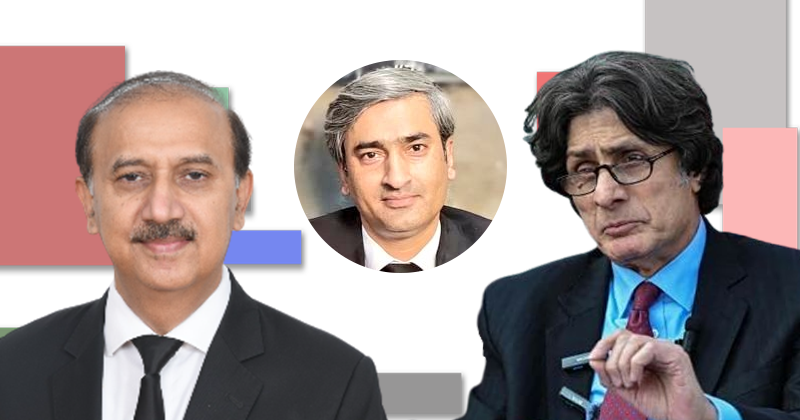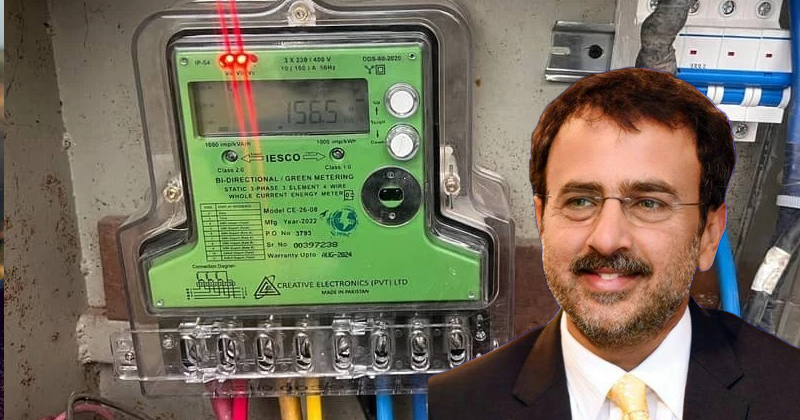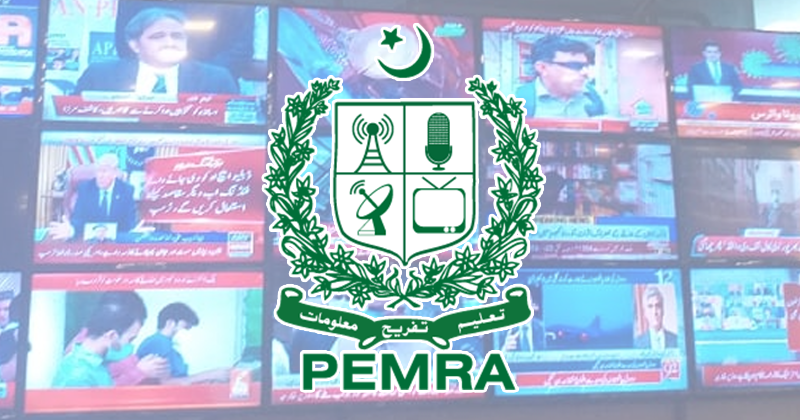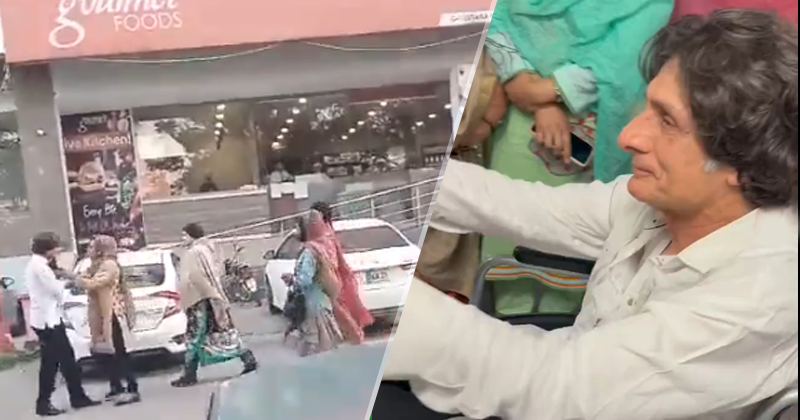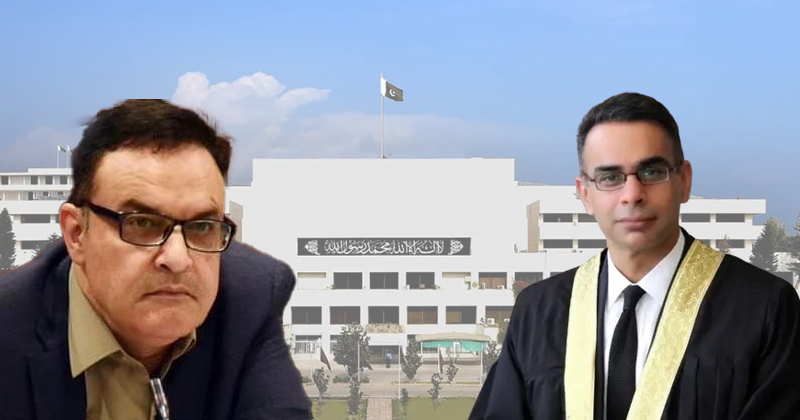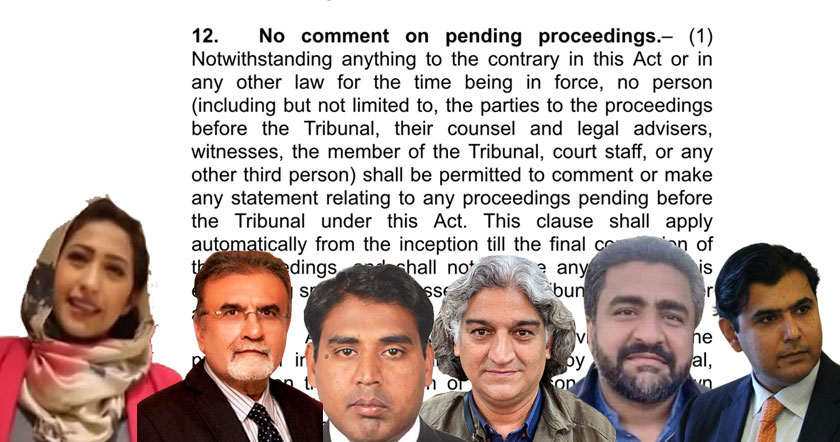Karzai sabotaged US contacts with Taliban
Anarticle on the talks between USA and Taliban. Karzai has sabotaged the chancesof peace and a settlement in Afghanistan, on the fear of him being sidelined.
Anarticle on the talks between USA and Taliban. Karzai has sabotaged the chancesof peace and a settlement in Afghanistan, on the fear of him being sidelined.
Infuriatedthat Washington met secretly at least three times with a personal emissary ofTaliban leader Mullah Mohammed Omar, the Afghan government intentionally leakeddetails of the clandestine meetings, scuttling the talks and sending theTaliban intermediary into hiding.
In aseries of interviews with diplomats, current and former Taliban, Afghangovernment officials and a close childhood friend of the intermediary, TayyabAga is hiding in Europe, and is afraid to return to Pakistan because of fearsof reprisals. The United States has had no direct contact with him for months.
A seniorUS official acknowledged that the talks imploded because of the leak and thatAga, while alive, had disappeared. The United States will continue to pursuetalks, the official said. Current and former US officials spoke on condition ofanonymity because they were not authorized to discuss the talks.
TheUnited States acknowledged the talks after Afghan President Hamid Karzai, whoapparently fears being sidelined by US-Taliban talks, confirmed publishedaccounts about them in June, but has never publicly detailed the content,format or participants. The first was held in late 2010 followed by at leasttwo other meetings in early spring of this year, the former US official said.The sessions were held in Germany and Qatar, he said.
Achildhood friend of Aga s who spoke on condition he should not beidentified because he feared retaliation, said Aga was in Germany. A diplomatin the region said Aga fled to a European country after his contacts with theUnited States were revealed.
Collapse of the direct talks between Aga and US officials probably spoiled thebest chance yet at reaching Omar, considered the linchpin to ending the Talibanfight against the US-backed government in Afghanistan. The contacts werepreliminary but had begun to bear fruit, Afghan and US officials said.
Perhapsmost importantly they offered the tantalizing prospect of a brokered agreementbetween the United States and the Taliban one that would allow the largerreconciliation of the Taliban into Afghanistan political life to move forward. TheUnited States has not committed to any such deal, but the Taliban wantssecurity assurances from the United States.
The talks were deliberately revealed by someone within the presidential palace,where Karzai s office is located, said a Western and an Afghan official.The reason for the leak was Karzai s animosity toward the US and fear thatany agreement Washington brokered would undermine his authority, they said.
Pakistan had also been kept in the dark about the talks, people knowledgeableabout them said. An Afghan official with contacts with the Taliban said theinsurgents decided not to tell Pakistan about the meetings with the UnitedStates. At the time of the leak, Washington had already offered smallconcessions that the US intended as "confidence-building measures," aformer senior US official said. They were aimed at developing a rapport andmoving talks forward, said a current US official on condition he not beidentified because of the sensitivity of the topic.
Theconcessions included treating the Taliban and al-Qaida differently underinternational sanctions. The Taliban argued that while al-Qaida is focused onworldwide jihad against the West, Taliban militants have focused on Afghanistanand have shown little interest in attacking targets abroad.
http://www.dunyanews.tv/index.php?key=Q2F0SUQ9MyNOaWQ9MzcxMzI=





